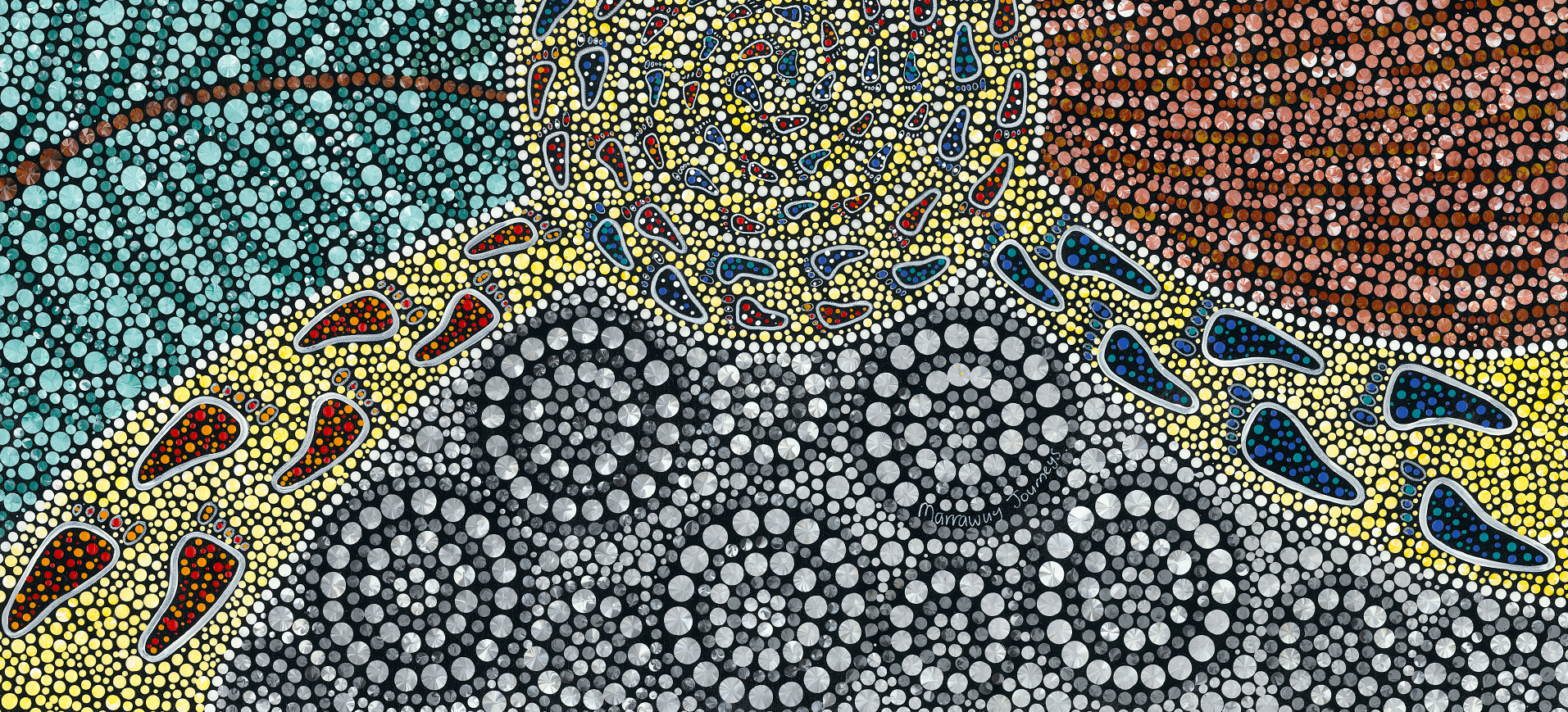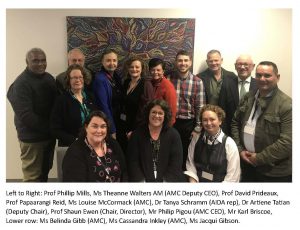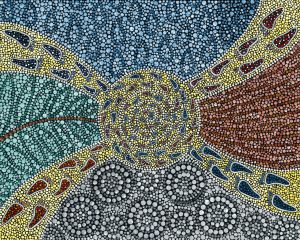Cultural Safety
As a key Strategic value of the AMC, we are working to ensure Cultural Safety is imbedded in all our work, in both the assessment of international medical graduates, the accreditation standards for medical schools and specialist colleges, and in all our policies (both internal and external) and publications.
We deliver regular cultural safety training to our staff, and work closely with our Committee Members and other key stakeholders to ensure that we continue to grow our understanding of what that means.
AMC Shared Language for Cultural Safety
The AMC acknowledges and supports the definitions widely used and supported, and notes that Australia and Aotearoa New Zealand have separate definitions for the term cultural safety and includes these definitions and their unique attributes in corresponding contexts.
We have actively sought to determine which language will best align with our organisation and stakeholders. We note that each stakeholder will hold their own definition of these terms, and it is not the purpose of AMC to need those aligned. However, we do want to provide clarity within the AMC and its committees to ensure that the language used is consistent.
Australian Health Practitioner Regulation Agency (Ahpra) Cultural Safety Strategy
The AMC is a signatory to the National Scheme’s Aboriginal and/or Torres Strait Islander Health and Cultural Safety Strategy 2020-2025, which aims to make cultural safety the norm for Aboriginal and/or Torres Strait Islander patients. It sets a clear direction and course of action for Ahpra and the National Boards who regulate Australia’s 740,000 registered health practitioners, and accreditation authorities whose accreditation standards and processes ensure that accredited programs are producing graduates who have the knowledge, skills and professional attributes to practice the profession in Australia.
For more information on the Australian Health Practitioner Regulation Agency (Ahpra) Cultural Safety Strategy.
Te Tiriti o Waitangi (the Treaty of Waitangi) – the founding document of New Zealand
The Treaty of Waitangi establishes the basis for Māori rights to health equity through conferring on the Crown a responsibility to protect Māori and, on Māori the rights of equal citizenship, including the right to parity of outcomes. Over time, the Waitangi Tribunal and the courts have established a body of jurisprudence in the form of principles of the Treaty that further outline the responsibilities of both government and Māori. Chief amongst these in the health sector context are the principles of Partnership, Participation and Protection.
For more information on the responsibilities under Te Tiriti o Waitangi, see the Medical Council of New Zealand strategic plan.
AMC CEO Philip Pigou talks about the importance of cultural safety at the AMC


